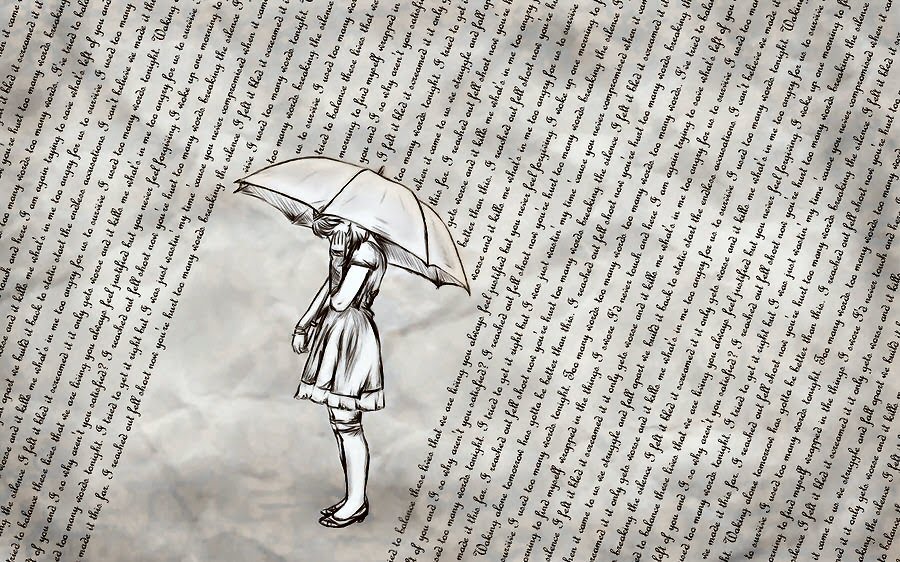Everyone in South Africa speaks English, right? i imagine we would be surprised as how many English speakers think and assume that. i would probably be less surprised at how many of us expect that. Because English, right?
Firstly, it would probably surprise a whole lot of them to discover that English is only the third most spoken language in the world to start with.
But it was this passage by Antjie Krog in ‘Country of my Skull’ that took it to a deeper level for me. From chapter 18:
‘Again and again,’ says Richard Lyster, ‘we’ve heard evidence of people who have suffered the most shocking experiences, standing up confidently and powerfully relating those stories of their past. And we’ve heard them ask the Commission not just to recognise them, but also to recognise the thousands of other people who have also suffered. We’ve seen these people also caring and nurturing other people and helping them. We have been moved by that.’
The proceedings are concluded with the anthem. I stand, caught unawares by the Sesotho version and the knowledge that I am white, that I have to reacquaint myself with this land, that my language carries violence as a voice, that I can do nothing about it, that after so many years I still feel uneasy with what is mine, with what is me. The woman next to me looks surprised when I sing the Free State version of ‘Nkosi’. She smiles, holds her head close to mine and shifts to the alto part. The song leader opens the melody to us. The sopranos envelop, the bass voices support. And I wonder: God. Does He hear us? Does He know what our hearts are yearning for? That we all just want to be human – some with more colour, some with less, but all with air and sun. And I wade into song – in a language that is not mine, in a tongue I do not know. It is fragrant inside the song, and among the keynotes of sorrow and suffering there are soft silences where we who belong to this landscape, all of us, can come to rest.
Sometimes the time we live in overflow with light.’
We live in a country with 11 official languages: Zulu, Xhosa, Venda, Tswana, Tsonga, Swazi, Sotho, Northern Sotho, Ndebele, Afrikaans and English.
[And yes, to my shame, i had to google them].
i can speak two and a really small fraction of a third. English, bad Afrikaans and minimal Xhosa.
- What arrogance to think my language is the most important?
- What entitlement to expect that everyone should speak to me in my language.
The line that stood out for me from the above passage was, ‘I have to reacquaint myself with this land, that my language carries violence as a voice,’
Antjie was referring to Afrikaans and her language as the language of the oppressor. But i don’t think English is too far behind.
How do we expect others, some of who have English as a second or third language to speak to us in our language and then mock them when they don’t get it perfectly first language mother tongue right?
What does it mean that our language carries violence as a voice?
And how do we work towards putting that right?
i firmly believe as a South African that each of us should be doing our best to learn the black African language that is most predominant where we live. tbV and i did our first Xhosa course [hopefully do round two early next year] with XhosaFundis in Cape Town. Also the Memrise app which is FREE for your smartphone is an amazing app that helps you increase your vocabulary and start building language.
If you don’t know anything, start with a greeting and how to ask someone’s name and how to say yours.
If you know that, then start working on some basic sentences.
tbV sticks postits on the inside of our windscreen so that we can learn words and phrases at traffic lights or if we’re ever waiting in the car for a person or a meeting.
Another friend of mine sticks the Xhosa words for household things on the objects around her house so she can learn as she goes through her normal day.
Get togethers and classes with Xhosa speakers is another helpful idea or moving into an area for a couple of weeks or months or a year to immerse yourself in the language and culture.
i definitely have a ways to go, but we need to be doing better. How is your language learning going?




![The Road to the Catan World Champs in Malta 2022! [Part II]](https://brettfish.co.za/wp-content/uploads/2022/11/IMG_9944-scaled-e1669831201283-500x383.jpg)
![The Road to the Catan World Champs in Malta 2022! [Part I]](https://brettfish.co.za/wp-content/uploads/2022/11/catanchampionships-500x383.jpg)

Great and important post. Yet it seems to be such a challenge – because actually learning a “Black” language will require most White people to significantly change parts of their lives and how they socialise. You astutely wrote: “Get togethers and classes with Xhosa speakers is another helpful idea or moving into an area for a couple of weeks or months or a year to immerse yourself in the language and culture.” I don’t think that spending (much) time in Xhosa-speaking (or other) communities is “another helpful idea” – I think it’s the only one that is really going to work if we want to acquire language in a way that goes beyond mere greetings and introductions. And that’s what we really want, isn’t it? Greetings and introductions in people’s mother tongues are a great sign of respect but in my opinion what South Africa needs is increased mutual understanding (including the differing cultural backgrounds). To achieve that, language learned in context (i.e. in a community where it is spoken) is the key.
Absolutely Marcus, that is spot on. Some kind of full on immersion is absolutely necessary. Thank you.